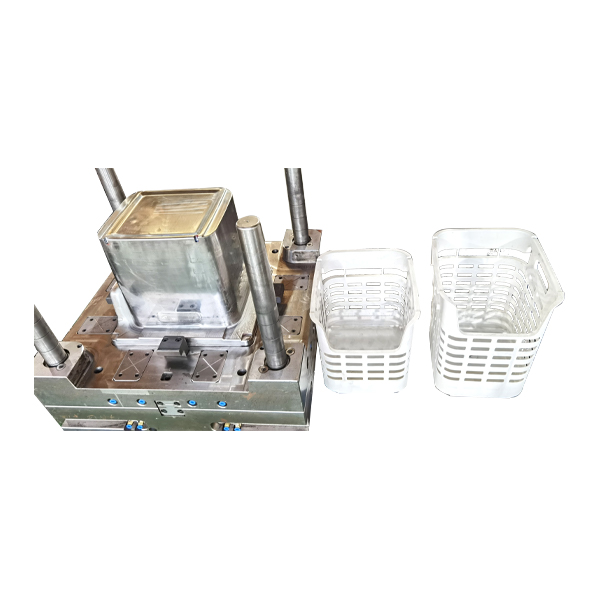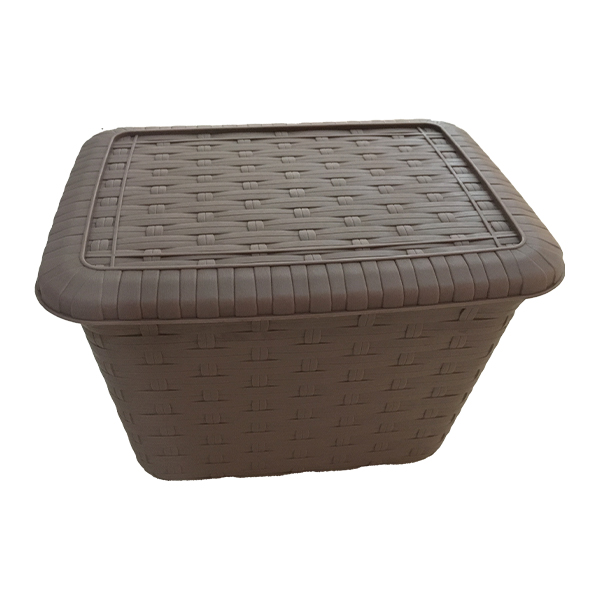Designing and manufacturing a PP plastic table mould is a complex process that demands meticulous attention to detail and a profound understanding of both material properties and manufacturing techniques. PP (polypropylene) plastic tables are widely used in various industries, including hospitality, education, and outdoor events, due to their durability, lightweight nature, and cost-effectiveness. Addressing the intricacies of mould design and production is critical to ensuring the production of high-quality plastic tables that meet the diverse needs of these industries.
One of the primary considerations when creating a PP plastic table mould is the choice of material. Polypropylene is renowned for its excellent balance of properties, including high tensile strength, chemical resistance, and heat resistance. Selecting a high-quality PP material for the mould is essential, as it directly influences the durability and longevity of the mould. A robust and durable mould material ensures that it can withstand the repeated stress and pressure of the injection moulding process, allowing for the production of consistent and defect-free plastic tables.
The design of the mould itself is equally crucial. Precision in mould design is paramount to achieving accurate and intricate table shapes. Utilizing advanced computer-aided design (CAD) software, engineers can create intricate and detailed mould designs that cater to the specific dimensions and features required for the plastic table. The mould design should incorporate elements such as cooling channels, ejector pins, and gating systems, all of which play pivotal roles in the injection moulding process. Proper cooling channel design ensures uniform cooling of the molten PP material, preventing warping or defects in the final product.
Furthermore, the gating system design is instrumental in controlling the flow of molten plastic into the mould cavity. A well-designed gating system ensures that the material flows smoothly and uniformly, preventing air pockets or inconsistencies in the plastic table. Additionally, the placement of ejector pins and the demoulding mechanism must be meticulously planned to avoid damage to the moulded table during the demoulding process.
The precision and quality of the PP plastic table mould have a direct impact on the final production of plastic tables. A well-designed and precisely manufactured mould results in plastic tables with smooth surfaces, sharp edges, and consistent dimensions. These high-quality tables not only enhance the visual appeal but also ensure functional excellence. Smooth surfaces are crucial for easy cleaning and maintenance, making the tables suitable for various environments, including restaurants, schools, and outdoor venues.
Moreover, the precision of the mould directly influences the structural integrity of the plastic tables. Tables manufactured from moulds with precise dimensions and intricate details exhibit superior strength and stability. Whether the tables are designed for heavy-duty use in commercial spaces or for lightweight and portable applications, the quality of the mould determines the resilience of the final product. High-quality moulds produce tables that can withstand various loads, ensuring durability and longevity even in demanding environments.
In addition to structural integrity, the precision of the mould significantly impacts the assembly and fitting of different components. For instance, moulds designed for tables with detachable legs or additional accessories must ensure precise alignment and compatibility. A meticulously crafted mould guarantees that all components fit together seamlessly, eliminating gaps or misalignments in the assembled table. This attention to detail enhances the user experience, allowing for easy assembly and disassembly as needed.
Furthermore, the quality of the mould influences the production efficiency and cost-effectiveness of plastic table manufacturing. A high-quality mould with precise dimensions and features facilitates faster production cycles and reduces the occurrence of defects. Minimizing defects not only reduces material wastage but also decreases the need for secondary processes, such as trimming or finishing, optimizing the overall production cost. Additionally, the longevity of a quality mould ensures consistent production over an extended period, maximizing the return on investment for manufacturers.
In conclusion, the design and manufacturing of a PP plastic table mould requires a comprehensive understanding of material properties, precision engineering, and moulding techniques. The careful selection of high-quality materials, coupled with meticulous mould design and manufacturing processes, results in moulds that produce plastic tables of exceptional quality, durability, and functionality. The precision and qualityly impact the final product, influencing aspects such as surface finish, structural integrity, assembly precision, production efficiency, and overall cost-effectiveness. By investing in top-quality PP Plastic Table Mould Company and adhering to stringent manufacturing standards, industries can produce plastic tables that meet the diverse needs of consumers across various sectors, ensuring satisfaction and reliability in every application.

 English
English Español
Español
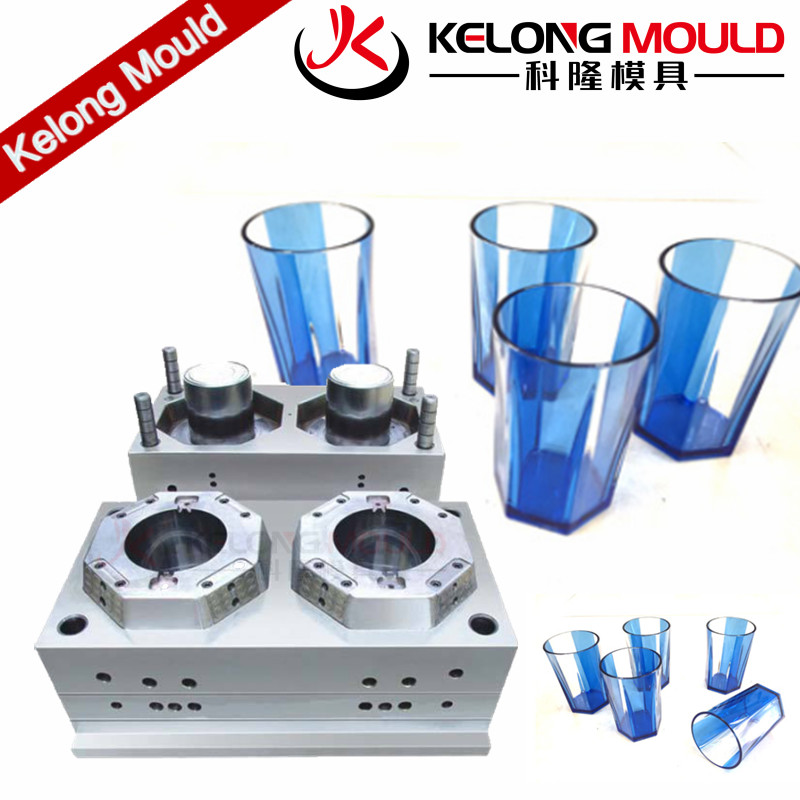
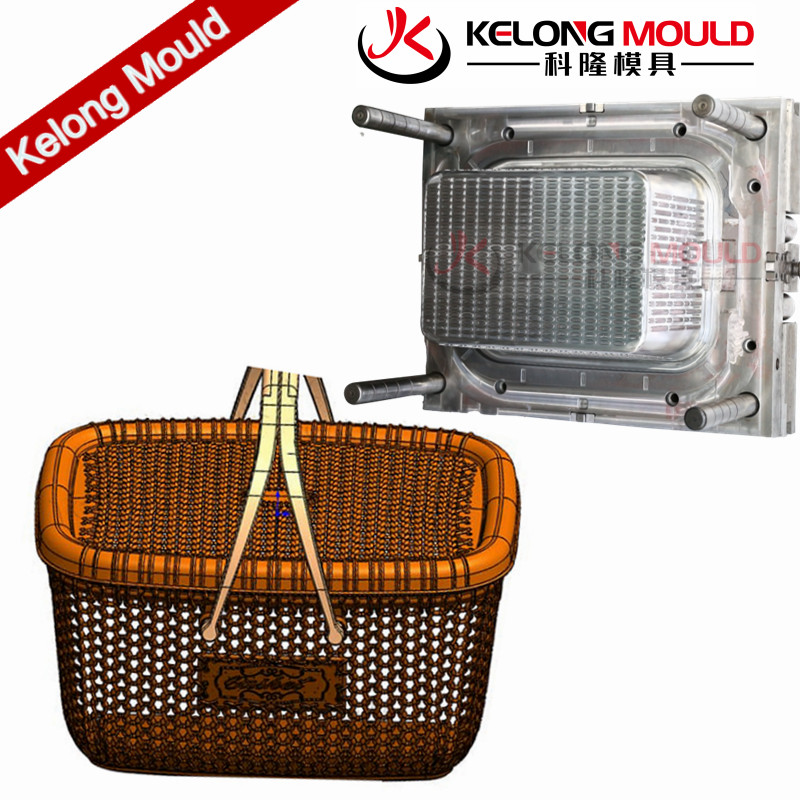
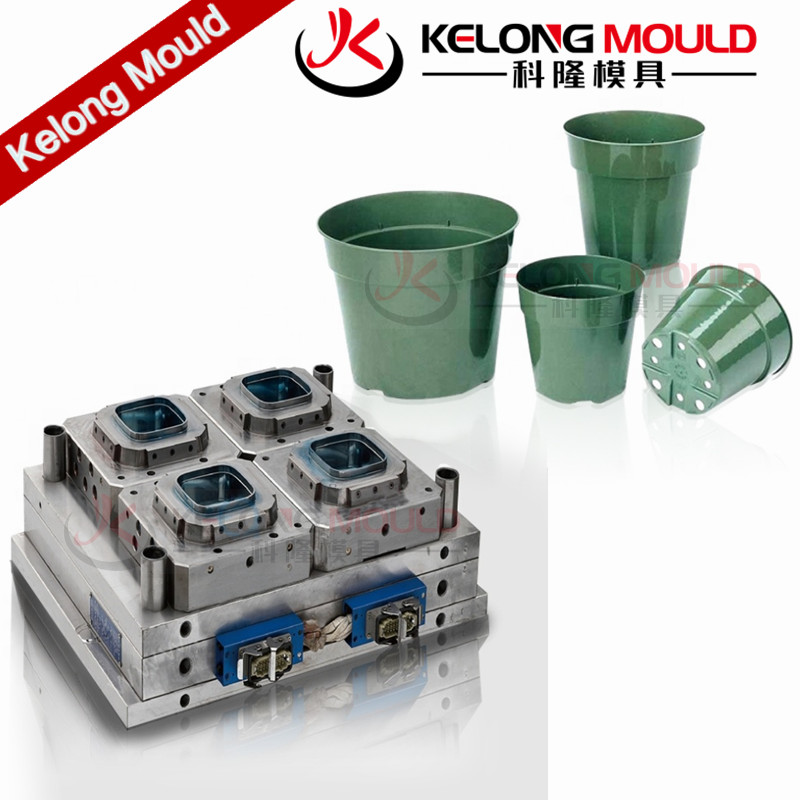
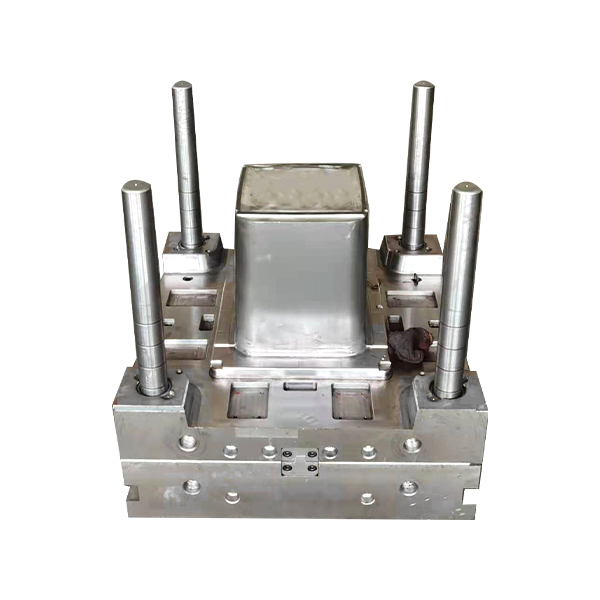
.jpg)
.jpg)
